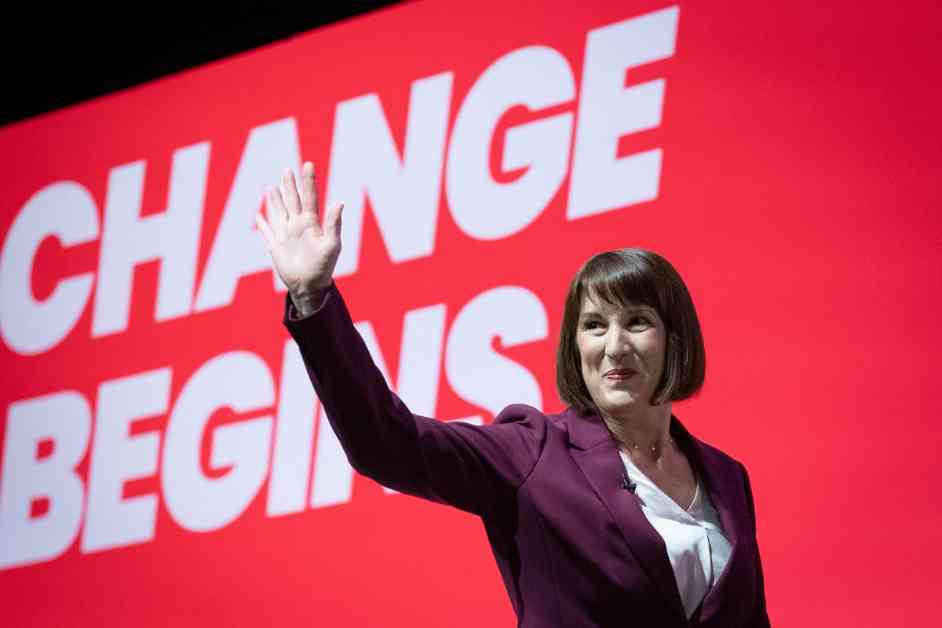The government has appointed David Goldstone as the chairman of the new Office for Value for Money, with a daily rate of £950, which amounts to an annual salary of £247,000. This position was announced by Chancellor Rachel Reeves during her Budget speech, emphasizing the importance of maximizing the benefits from public spending.
Mr. Goldstone’s role will involve advising the chancellor on decisions related to the upcoming spending review, focusing on identifying and eliminating waste and inefficiency in government spending. He will also conduct value for money studies in high-risk areas of cross-departmental spending and scrutinize investment proposals to ensure they offer value for money.
David Goldstone has experience in overseeing projects that involve significant taxpayer funds, such as HS2 and the London Olympics. However, his track record has not been without controversy, as seen in the cost overruns and delays associated with these projects. Despite criticism from the Commons public accounts committee in the past, Mr. Goldstone’s appointment has been defended by Chief Treasury secretary Darren Jones as providing good value for money.
Mr. Goldstone’s pay rate of £950 a day has raised some eyebrows, especially considering it is higher than the pro-rata salary of the prime minister. However, the government justifies this by highlighting Mr. Goldstone’s expertise in managing large-scale infrastructure and delivery projects. It is important to note that this role is independent, and Mr. Goldstone is not a direct employee of the Treasury.
In his statement, Mr. Goldstone expressed his commitment to bringing renewed focus to ensuring maximum value for the public in government spending. He will be supported by a team of 20 civil servants in the Treasury as he takes on this one-year role, working an average of one day a week.
Overall, the government’s decision to appoint David Goldstone as the value for money tsar reflects a commitment to improving efficiency and accountability in public spending. While his pay rate may seem steep, the government believes it is justified given his experience and the importance of the role in driving value for money in government projects.












